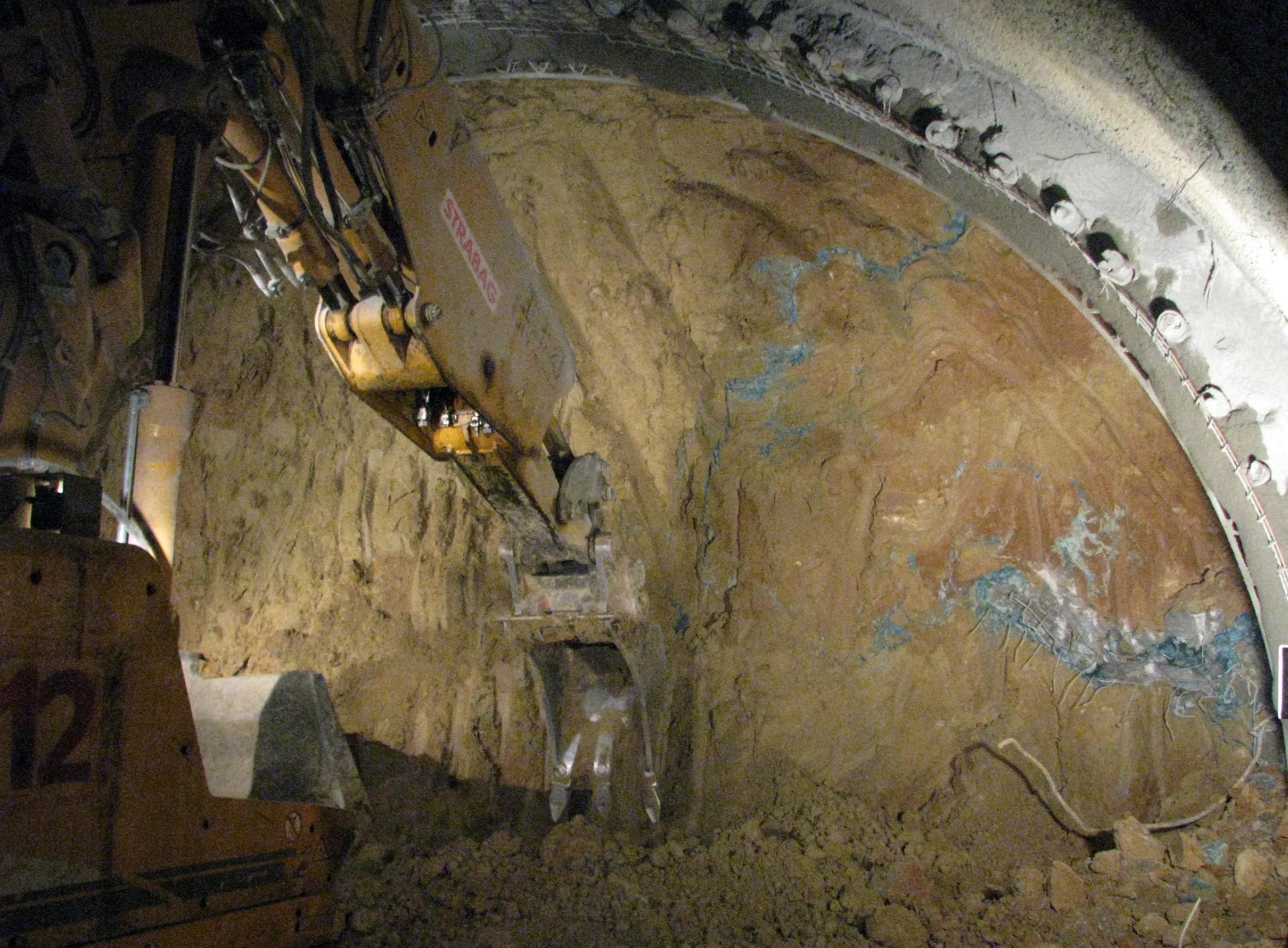The authorities in Poland are looking for solutions to the debacle that has become the A2 highway project.
February 28, 2012
Read time: 2 mins
The authorities in Poland are looking for solutions to the debacle that has become the A2 highway project. Speed is of the essence in this project given that a section of A2 highway between Lodz and capital Warsaw has to complete by 2012 in time for a major international football event. The key section in question is for a 20km stretch between the two cities. Up to 26 companies are said to be in the frame for the contract at present, including 3281 Eurovia, Polimex and 945 Strabag, as well as several other leading firms. Chinese contractor 2487 COVEC originally won the deal to build this section of highway but was forced to relinquish the deal following a series of delays and financial issues. The award of the contract to COVEC was controversial as the Chinese firm made a bid that was considerably lower than any of the other firms in the tendering process. Other contractors complained that they were not able to compete due to the exceptionally low bid by the Chinese firm. COVEC then tried to renegotiate its deal when it was hit with increasing costs of materials and other factors but this was declined by the Polish authorities. With time ticking away and the link still to be completed, the Polish authorities now face a major problem in finding a firm that can take over the project and finish the necessary work in time.








